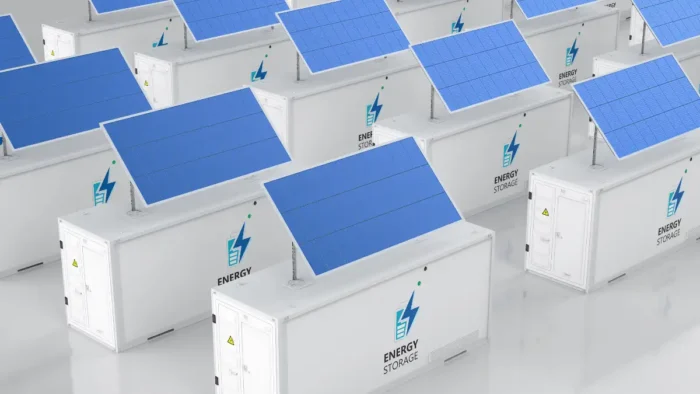Purchasing a property when you work as an employee for a business can be challenging enough, but it can sometimes be even harder for self-employed entrepreneurs who have worked hard to build their income and client base over time.
You must prove to the bank that your business is stable enough to provide you with an income to cover your mortgage repayments, and you’re generally required to have a significant amount of documentation. If you’re trying to purchase property as a business owner, your lender might consider some of the following things.
Credit Score
Whether you go through mortgage brokers like CMB Mortgage Brokers to help secure a loan or you’re dealing with your lender directly, you’ll likely find that your credit score is one of the first things they check.
The higher your score, the more responsible you might look as a borrower, and the better your chances might be of securing a home loan through an everyday lender with competitive interest rates. If you’re unsure what your credit score is, request your report so that you have an opportunity to fix any issues that your lender might inquire about.
Employment Stability
Many banks and lenders look favorably upon people who work for businesses and companies. They assume that if a company employs you, you can keep working there as long as you want to. While any business can fail, lenders often look more intensely at businesses whose owners are trying to secure home loans.
Rather than simply considering the amount of money you earn each week, lenders typically look intensely at all business details, making sure you have at least two years or more of consistent self-employment income.
Down Payment
Your down payment is one of the most crucial components of a mortgage, especially regarding the type of mortgage you get and what your repayment costs will be. Most conventional mortgages require a 20% deposit, but you can also provide a minimum down payment of less than 10% through various mortgage programs in the United States.
If your down payment is less than 20%, you may be required to pay private mortgage insurance fees you weren’t anticipating. It’s also worth noting that the more money you put down as a down payment, the smaller your mortgage can be and the lower your monthly payments.

Business Documentation
Lenders want to be sure that your business is earning enough to pay your regular income so that you can service a mortgage. As a result, you’ll likely be required to provide documentation such as two years of personal tax returns, a current profit and loss statement, at least two months of business bank statements, and Form 1099s from clients spanning two years.
You might also need to provide your business tax returns for the last two years, a business license, a statement from your certified public accountant, and proof of business insurance. The more information you can provide, the more confidence your lender might have to approve a home loan.
Debt-to-Income Ratio (DTI)
A debt-to-income ratio (DTI) is essential for a lender to calculate your pre-approval sum to know how much you can afford to spend on a home purchase. Most lenders require you to have total monthly debts of no more than 43% of your income.
If your own calculations have shown your debt levels exceed 43%, conventional lenders might not approve your loan request. In that case, you might need to pay down debts, such as credit cards, before applying for a home loan through a broker or directly with a lender.
How to Improve Your Chances of Securing a Home Loan
Getting turned down for a home loan can be disheartening, especially if you believe your business is in a strong position and you’ve worked hard to make a healthy income. However, if you’re having trouble finding a lender willing to approve a home loan, there are things you can do to make yourself appear more desirable.
Start using a consistent documentation system to prove your financial position in the months or year leading up to applying for a home loan. Keep customer receipts and pay yourself a regular income electronically. You might also see the value in making a larger down payment and limiting your deductions when you file Schedule C, even if that means you might need to pay more income tax for a time.
Being self-employed can sometimes make it more challenging to secure a home loan. However, by providing your lender or broker with this information above, you might put yourself in a solid position to secure a loan and purchase the home of your dreams.





